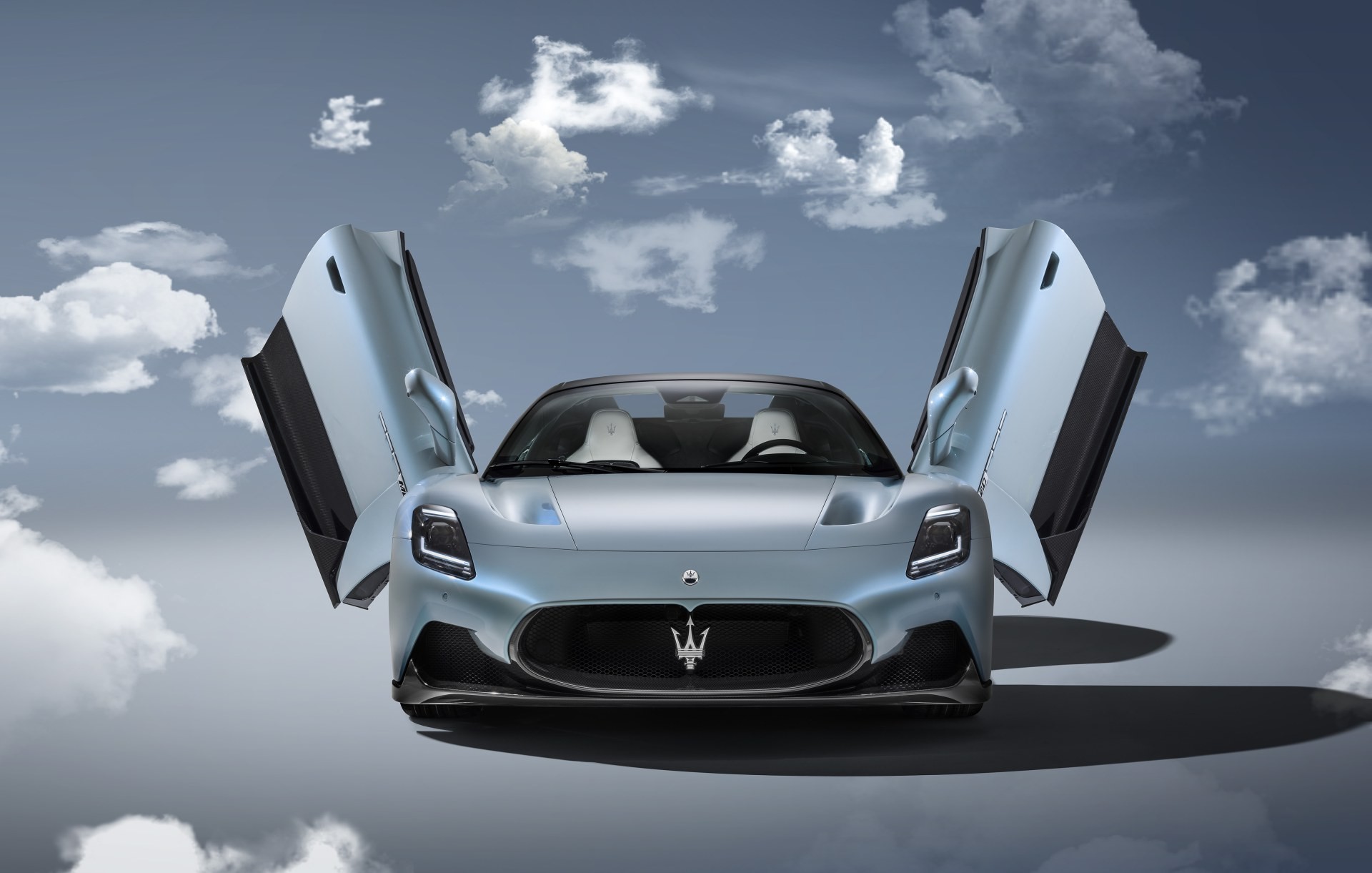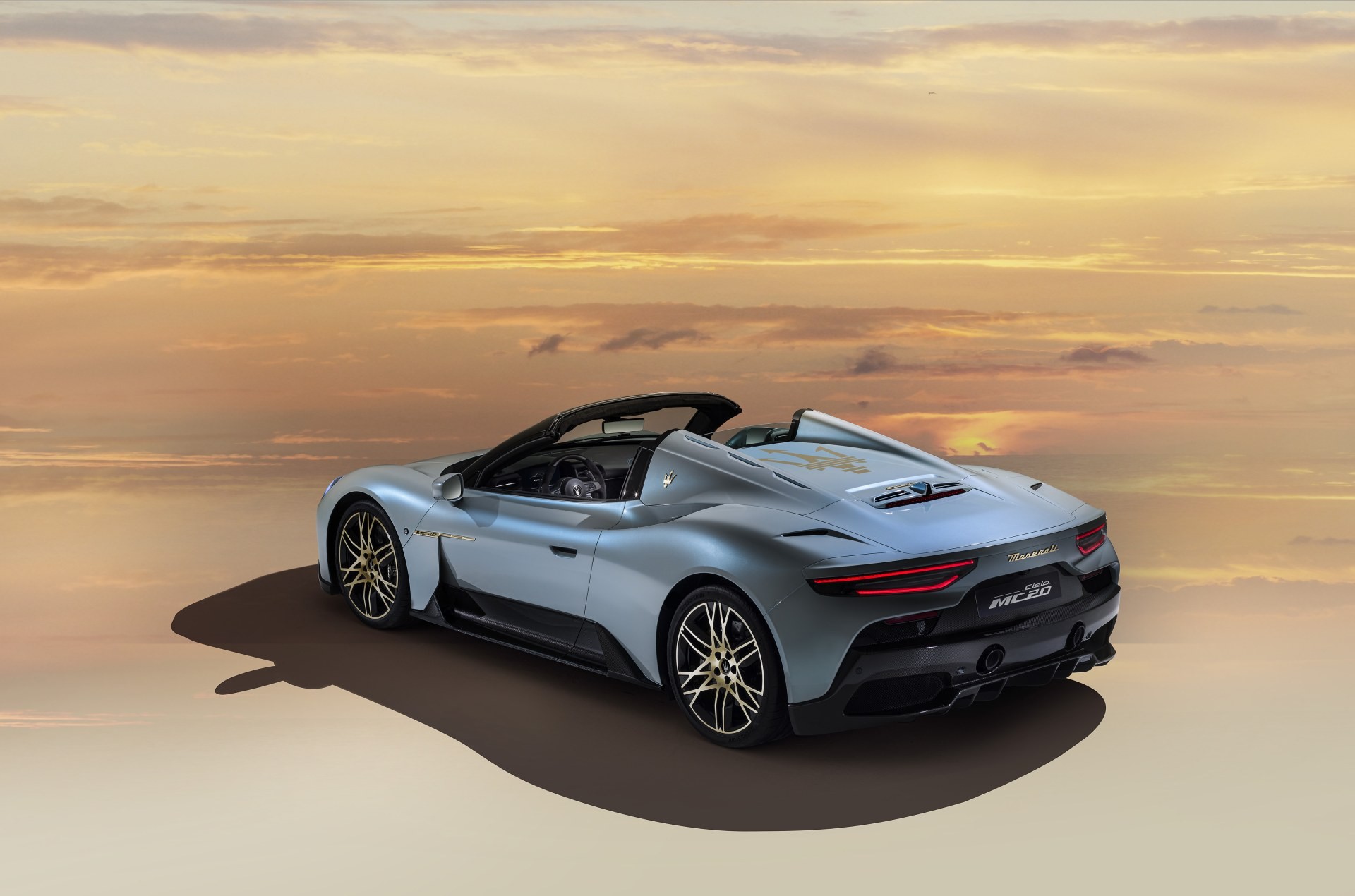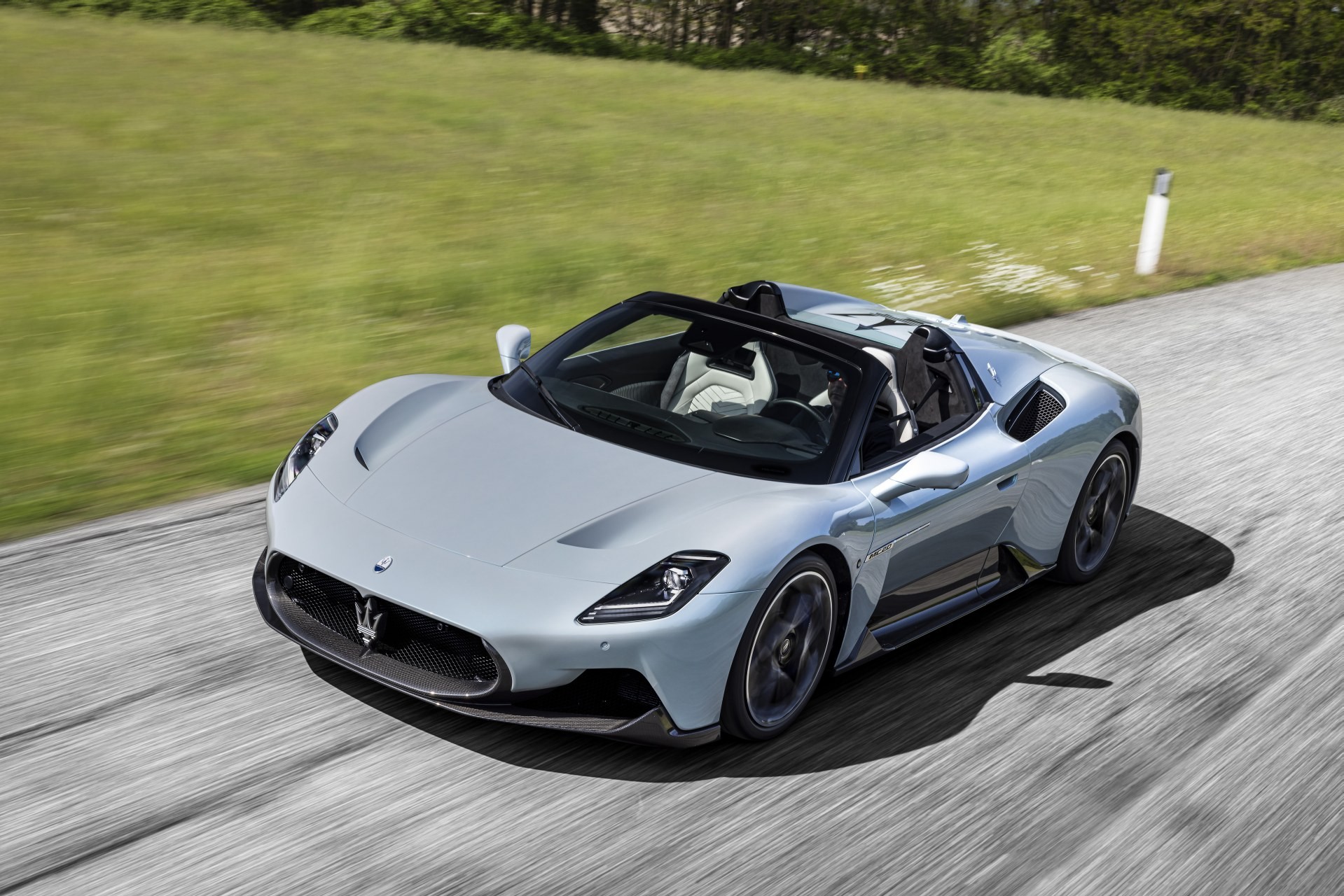Maserati has initiated a recall encompassing 1,092 MC20 coupes and convertibles due to inaccuracies in the weight information displayed on tire placard labels. This oversight is more critical than it might initially appear, as exceeding a vehicle’s weight capacity, particularly in high-performance models equipped with performance-oriented tires, raises the risk of tire blowouts.
The Italian automaker identified this issue in May and concluded its investigation the following month, confirming that certain MC20 variants do not adhere to federal safety regulations mandating the clear communication of maximum combined weight for occupants and cargo.

A surprising revelation emerges from this recall: Maserati’s mid-engine, twin-turbo V6-powered supercar is heavier than Ferrari’s plug-in hybrid 296, despite the former’s utilization of a carbon-fiber chassis compared to the latter’s aluminum structure.
Maserati officially claims a dry weight below 1,500 kilograms, while Ferrari specifies 1,470 kilograms for the 296 GTB. However, real-world measurements indicate that the MC20’s weight significantly surpasses that of the Ferrari.
This discrepancy underscores the complexity of engineering high-performance vehicles and the challenges associated with accurately determining and communicating vehicle weight. Maserati’s marketing campaign touting its MC20’s engine as a 100% in-house creation has been met with considerable scrutiny.

While the cylinder heads are indeed Maserati’s own, a significant portion of the engine architecture, including the core block and internal components, bears striking resemblance to Ferrari and Alfa Romeo’s twin-turbo V6 powerplants.
The recall necessitates a simple label fix for all affected vehicles, identifiable by their 17-character VIN beginning with “Z”. Dealers will be informed in early September, with owner notifications following shortly after.

